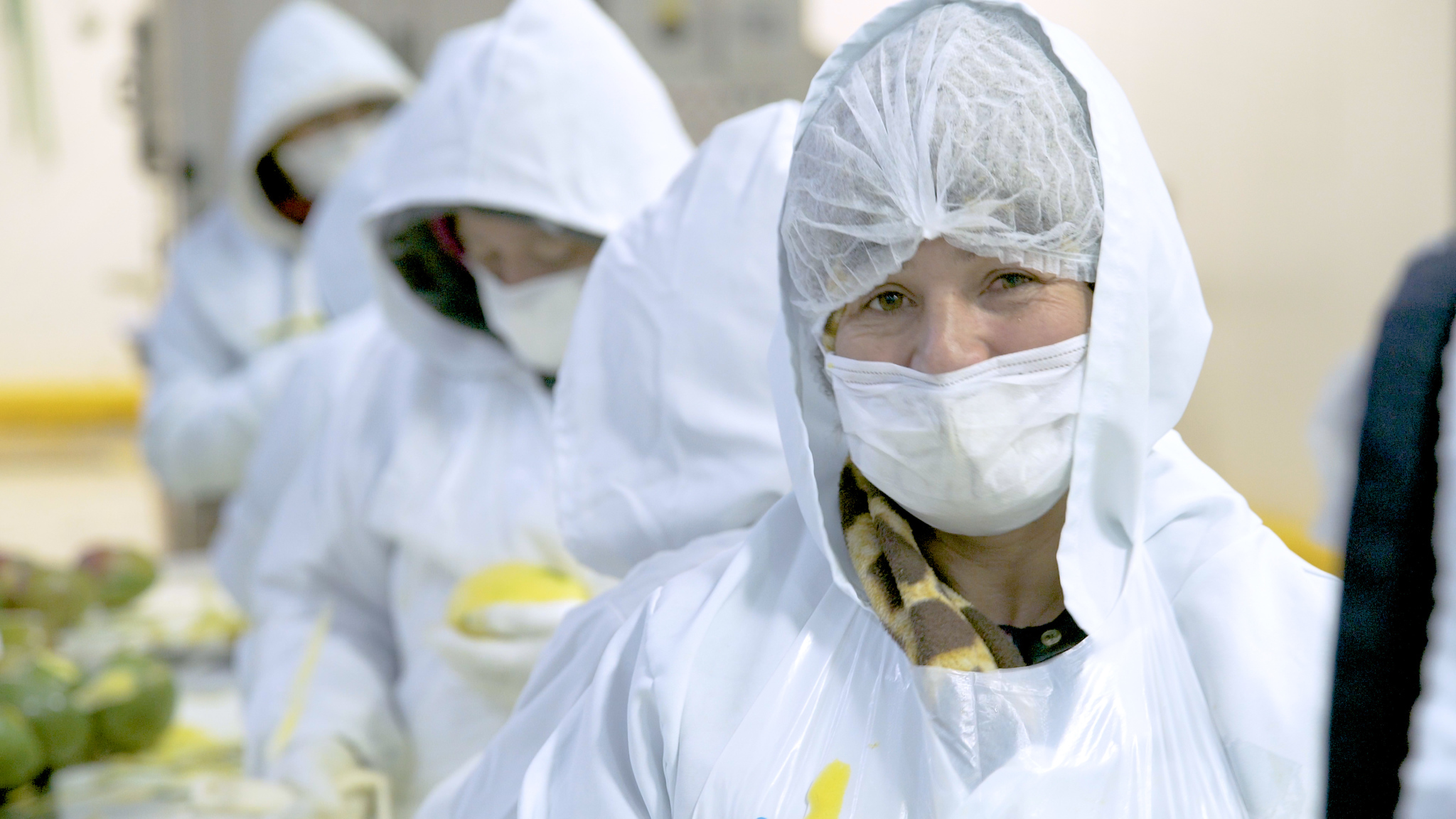
Apr 5, 2022
Free training tools offered to prevent farmworker sexual harassment
As April is National Sexual Harassment Awareness and Prevention Month, Equitable Food Initiative is calling attention to the topic of farmworker sexual harassment.
EFI is supporting awareness initiatives by collaborating with Pacific Northwest Agricultural Safety and Health Center (PNASH), a part of the University of Washington’s Department of Environmental and Occupational Health Sciences, to support the development of a worksite training. The effort involves a toolkit, ¡Basta! Preventing Sexual Harassment in Agriculture.
Several studies discovered 75%-80% of female farmworkers have experienced sexual harassment at work. That compares to 50% in non-agricultural office settings.
EFI’s website offers information on work-related harassment. The toolkit includes videos and educational materials in English and Spanish that can be used in workplaces, such as posters, shareable graphics and a detailed fact sheet. The information and resources can be found at equitablefood.org/.
Development of the ¡Basta! toolkit was catalyzed by female farmworkers in Eastern Washington who brought the issue of sexual harassment to PNASH, Jody Early, a University of Washington professor who worked on the project, said in a news release. “This is the first program created by and for agricultural stakeholders to address the prevention of sexual harassment, and we tailored it to the needs of Latino/a/x farmworkers, growers and supervisors,” she said.
“This can be a difficult topic, but it’s essential that we address it industrywide,” said LeAnne Ruzzamenti, EFI’s director of marketing communications, said in the release. “We know that harassment happens more frequently among farmworkers, we know that it goes unreported, and we know that agriculture workplaces include characteristics that make women more vulnerable to it.”
EFI’s certification program goes beyond a simple audit and introduces workforce development solutions along with training in communication, conflict resolution, problem-solving and collaboration. Third-party evaluation studies found the program fosters culture shifts on farms that result in respectful and trusting workplaces where women and indigenous workers report reduced harassment and discrimination.






